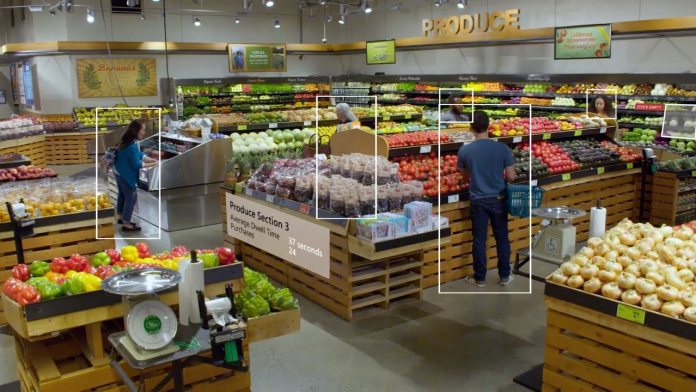The new apps are named Dynamics 365 Connected Store and Dynamics 365 Commerce. The former focuses on providing a consistent experience across web, mobile, and physical stores. It does so by analyzing video and IoT sensors to help managers make decisions about stocking, proactively notifying when more cashiers are needed, and tracking long-term retail trends. The tech is already being deployed by Marks & Spencer in its London store. Meanwhile, Dynamics 365 Commerce aims to unify back office, in-store, call center, and digital experiences. By doing so, Microsoft hopes to empower better decision making, tying in the AI insights needed to build brand loyalty and create a more efficient supply chain.
On top of this, more functionality is coming to Dynamics 365’s virtual agent for customer service. Managers will soon be able to deploy the agent on a demo website and easily manage performance metrics like customer satisfaction and hours saved. “Through a new customer satisfaction dashboard, customer service managers can view the overall customer satisfaction score and bot topics driving the score. In addition, they can now view ‘hours saved’ metrics—the return on investment provided by bot sessions compared to typical resolution times by human agents, who are now free to tackle more complex, time-intensive cases,” explained Microsoft. Finally, a new feature for Dynamics 365 supply chain management called ‘IoT Intelligence’ lets customers view their inventory in real-time and proactively manage product quality, uptime, throughput, and more. This will be coming on October 1. This functionality adds to previously announced features coming with Wave 2. You can read the full details of the features, as well as how retailers are implementing them, via the official blog post.




![]()